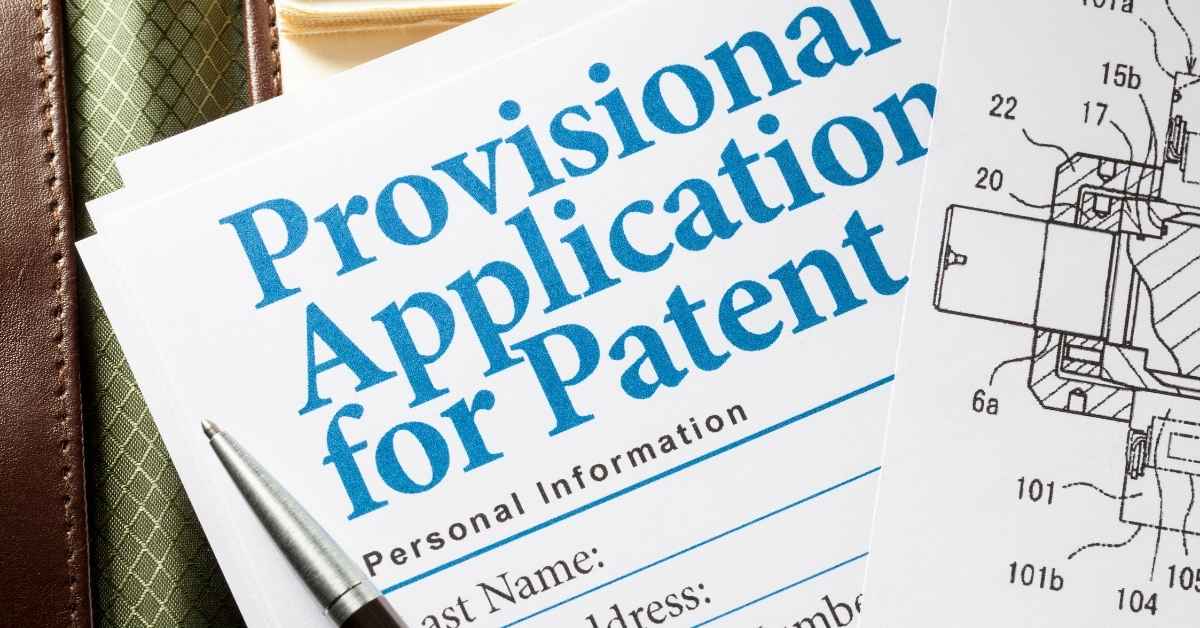In Indonesia, the patent landscape is distinguished by its dynamic growth and increasing relevance to global businesses. According to the World Intellectual Property Organization (WIPO), Indonesia is among the top 10 developing countries with the highest IP applications.
So, what are the requirements for patent filing in Indonesia? Before delving into that discussion, you should explore the issue of Patent Trolls in Indonesia: A Growing Challenge. You can also check Am Badar & Am Badar’s insight and services page or contact the team.
What Can Be Patented in Indonesia?
Patents in Indonesia are governed by Law No. 13 of 2016 concerning Patent Law, which defines a patent as an exclusive right awarded to an inventor for a novel invention. According to this law, an invention can be patented in Indonesia if:
- Originality. At the time of submitting the patent application, the invention should not replicate any previously revealed technology;
- Inventiveness. The invention must represent a solution that an expert in the relevant technical field could not have easily anticipated;
- Practical application. The invention must be producible or usable across different industrial sectors.
After knowing the patent filing requirements above, you should also be aware that Indonesia implements 2 types of patents. The first category includes standard patents awarded to entirely new inventions that incorporate a creative advance and have industrial applications, protecting both products and processes.
The second category, simple patents, is assigned to new inventions suitable for industrial use but needs a novel creative step. These patents typically pertain to enhancements of already existing products.
The Patent Law further clarifies that, as defined by the legislation, the term ‘invention’ excludes:
- Artistic creations;
- Schemes;
- Guidelines and methodologies related to mental processes, gaming, and business operations;
- Guidelines and methodologies concerning computer software programs;
- Presentation of data.
Patent Filing Procedure in Indonesia
The problem occurs when the inventor needs to file a patent application for their invention. Consequently, the original inventor cannot pursue legal action if someone else replicates the invention.
Additionally, while others use their work, the original inventor cannot assert patent rights over the creation. It’s crucial to comprehend that the application constitutes a request for patent application or simple patent submission to the Minister of Law and Human Rights. Here’s the procedure:
Search
The initial step in preparing a patent filing application is “searching.” A prior search proves beneficial in establishing the existence of the patent being applied for, although it is not mandatory.
Submission
Indonesia uses a ‘first-to-file’ patent system. This means the first person to file an IP right within Indonesian jurisdiction will own that right upon application approval.
Patents are granted based on applications. These applications can be submitted either electronically or non-electronically to the Minister of Law and Human Rights in Indonesian language by paying the fee.
Electronic submissions adhere to the guidelines outlined in Regulation No. 42/2016. The official website of the Directorate General of Intellectual Property facilitates application submission, where required documents are uploaded electronically.
Components of these applications include details such as the application date, inventor’s personal information, invention description, ownership statement, etc.
Note: Applicants need to specify the desired protection scope and provide a technical description and illustrations detailing the invention’s operation for all submissions.
Document Completeness Verification
After submitting a patent filing, each patent registration application undergoes an obligatory examination for document completeness. If there are deficiencies in the required document completeness based on the examination results, the Directorate General of Intellectual Property informs the applicant to provide the necessary documents.
Once all required documents are confirmed, the applicant receives a billing code for payment via the Intellectual Property Information System. Payment must be made within 3 calendar days to validate the billing code.
Note: Stakeholders are welcome to voice their objections during the six-month publication period. Both confrontation notices and response statements will be considered throughout the verification phase.
Payment
The next stage is applicants make payments through Perception Banks or Perception Post Offices utilizing the SIMPONI system.
Payment can be completed either in cash at the teller of these institutions or cashless at automated teller machines (ATMs), internet banking (IB), and electronic data capture (EDC).
Key Considerations for International Applicants
Are you a foreign company looking to file patents in Indonesia? If so, it’s best to thoroughly examine and plan accordingly. Here are several considerations for patent filing applications in Indonesia:
- Does patent protection in Indonesia align with your overall business strategy?
- What is your comprehensive patent strategy? Is it to protect inventive ideas, gain a competitive edge over rivals, generate revenue, or attract investment?
- Where can you anticipate reasonable infringement?
- What is the available budget? Is it unlimited, substantial, or focused?
- What resources do you possess? Do you have intellectual property experts with the skills and competence to handle all patent filings in Indonesia, or are you prepared to manage them independently?
- When do you require this patent? For instance, if you need a patent within a four-year timeframe from initiating the process, Indonesia could be the right choice since it takes a maximum of 36 months from the submission of the Substantive Examination Request for the Patent Examiner to decide whether to reject or grant the patent.
Collaborative Advantage with Am Badar & Am Badar Attorneys
Partnering with a local IP firm such as Am Badar & Am Badar can yield significant benefits for successful patent filing in Indonesia. With their in-depth understanding of Indonesian law, they adeptly navigate the intricacies of Indonesian patent regulations and case law.
Furthermore, they facilitate seamless communication, bridging the gap between international clients and the Indonesian Patent Office (DGIP). Also, by leveraging the expertise of Am Badar & Am Badar, clients gain a competitive edge in navigating the Indonesian patent landscape effectively.
Am Badar & Am Badar Attorneys: Your Trusted Partner
In conclusion, the patent filing process in Indonesia can be intricate and bewildering, requiring alignment with your company’s growth strategy.
Hence, you can rely on the credible and reputable services of Am Badar & Am Badar Attorneys. We provide comprehensive patent services to assist you in maximizing commercial opportunities by carefully strategizing timing and approaches to patent applications.
Contact us today for consulting or additional details about patent services. Additionally, delve into other informative articles available on our insights page, including Patent Registration in Indonesia: Global and Local Strategies.
References
- https://www.hukumonline.com/berita/a/mengenal-paten-dan-syarat-karya-yang-dapat-dipatenkan-lt619cfac7d6cf2/
- https://www.marketeers.com/hak-paten-pengertian-dan-objek-yang-bisa-dipatenkan/
- https://www.hukumonline.com/berita/a/ini-invensi-yang-dapat-diberi-paten-lt579b4eb950e92/
- https://www.hukumonline.com/klinik/a/cara-mengajukan-hak-paten-dan-syaratnya-cl60/
- https://www.anaqua.com/resource/top-5-considerations-for-foreign-patent-filing-strateg
Reviewed by Nabil Argya Yusuf






